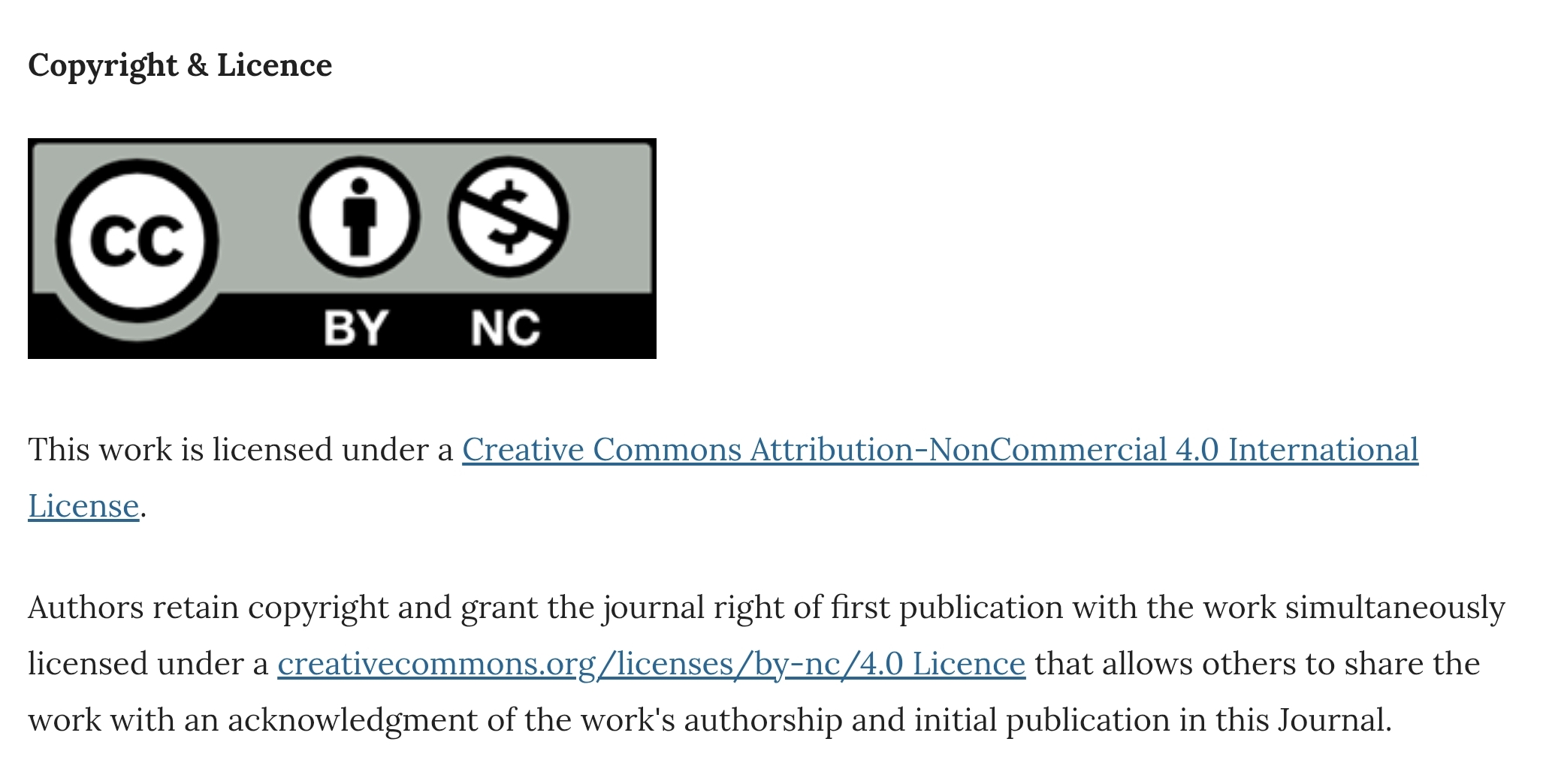VIEWPOINT
|
|
Access the article online: https://kjponline.com/index.php/kjp/article/view/542 doi:10.30834/KJP.38.2.2025.542 Received on: 19/06/2025 Accepted on: 08/08/2025 Web Published: 15/09/2025 |
THE WEIGHT BENEATH THE WHITE COAT: PROFESSIONAL STRESS, HELP-SEEKING BARRIERS, AND THE HIDDEN GRIEF OF DOCTORS
Arun Kishore NR1*, Shaji KS2, Mathew J3
- Consultant Psychiatrist, Sussex Partnership NHS Foundation Trust. UK, 2. Dean of Research, Kerala University of Health Sciences, Thrissur. Kerala, 3. Professor, Department of Plastic and Reconstructive Surgery, Amrita Institute of Medical Sciences (AIMS), Kochi, Kerala
*Corresponding Author: Consultant Psychiatrist, Sussex Partnership NHS Foundation Trust. UK
Email: nrarunkishore@outlook.com
INTRODUCTION
Medicine has long shouldered society’s expectations around health, healing, and ultimately, the deferral of death. These roles have contributed to an internalised pressure among doctors to remain perpetually composed and self-reliant. However, the emotional demands of caregiving and the culture of medical stoicism have created a silent crisis—burnout, moral injury, and psychological distress that remains largely unspoken. This article explores the barriers to help-seeking among doctors, drawing upon personal insights and broader patterns observed in healthcare systems.
THE UNSEEN BURDEN OF PROFESSIONAL STRESS
Doctors experience higher levels of occupational stress than most professions. 1, 2 Factors include time constraints, loss of clinical autonomy, workplace conflict, and financial uncertainty. Burnout is particularly under-recognised in medicine, often seen as a personal failing rather than a systemic issue. Doctors may suppress or displace stress, become emotionally detached, or self-medicate—behaviours that can obscure suffering until crisis points emerge.
THE “DOCTOR ROLE” AND IDENTITY CONFLICT
From medical school onward, doctors are trained to embody a role—confident, resilient, always “on call.” The professional identity often becomes interwoven with the personal identity. This merging of roles makes role reversal—becoming a patient—difficult and, at times, shame-inducing. 3, 4 The same objectivity applied in diagnosing others is turned inward, leaving doctors hesitant to acknowledge vulnerability. Even among peers, admitting distress may feel like a breach of character.
BARRIERS TO HELP-SEEKING
1. Fear of Appearing “Weak”
Cultural expectations to appear competent discourage doctors from expressing vulnerability. Questions like “Will I be seen as overreacting?” or “Will colleagues lose confidence in me?” contribute to secrecy and silence, especially around mental health.
2. Fear of Burdening Others
Doctors hesitate to seek colleague support, fearing they might intrude on others’ time or workload. This leads to suppressing concerns such as burnout, emotional fatigue, or difficulty coping with toxic interactions—factors that worsen without intervention.
3. Workplace Culture
Certain specialities valorise endurance. In surgical units, expressing distress is often equated with inefficiency or lack of toughness. This suppresses healthy emotional processing and reinforces silence.
4. Denial and Normalisation
Doctors learn to regulate emotions to perform their work, sometimes to their detriment. Chest pain is dismissed as anxiety. Insomnia becomes routine. Even abuse or bullying may be rationalised as “part of the job.” The line between resilience and denial becomes dangerously thin. 5
5. Unrecognised Stress Responses
Stress doesn't always present conventionally. Empathy fatigue—becoming emotionally numb from repeated exposure to suffering—and moral injury—being forced to make ethically distressing decisions—are increasingly common, particularly during the COVID-19 pandemic. 6 These experiences are difficult to articulate and seldom validated by institutions.
6. The Impact of Patient Death
While death is an expected outcome in many specialties, its emotional toll on doctors is underappreciated. Societal narratives frame death as a medical failure, resulting in external blame and internalised guilt. Doctors often grieve alone, without permission or space to process loss. Accusations from families, social media scrutiny, and formal investigations further inhibit recovery and help-seeking.
7. Isolation in Practice
Doctors often work in physical and emotional silos. While team-based specialities offer some collegial support, competition and status-seeking may limit openness. Families, too, are often shielded from professional narratives, leaving little room for doctors to offload emotionally.
THE DOCTOR AND THE SYSTEM: WHOSE RESPONSIBILITY?
Attributing this crisis to individual personality quirks or poor self-care may be tempting. However, the origins are more systemic. Many of these beliefs are learned during training, reinforced by workplace norms, and shaped by societal expectations of the medical profession. 7 Addressing these barriers requires re-evaluating how we train, supervise, and support our doctors.
REIMAGINING RESILIENCE AND REFORM
Resilience is often framed as enduring hardship. But perhaps, resilience should also mean knowing when to seek help, how to accept vulnerability, and where to find support. Institutions must invest in creating psychologically safe environments, mentorship models, and reflective spaces. Medical education should incorporate help-seeking skills as core competencies, alongside compassion and clinical reasoning.
CONCLUSION
The stress experienced by doctors is not merely an occupational hazard—it is an ethical concern. Failing to support those who care for others undermines the very fabric of healthcare. It is time to move beyond stoicism and shame, toward empathy, openness, and shared responsibility. Let us begin the conversation—not tomorrow, but now.
Conflict of interest: All three authors are members of ASHA (Accepting Support, Helping Another), a voluntary initiative committed to supporting doctors through peer dialogue and advocacy. There are no financial interests or conflicts of interest.
REFERENCES
-
Kumar S. Burnout and Doctors: Prevalence, Prevention and Intervention. Healthcare (Basel). 2016 Jun 30;4(3):37. doi: 10.3390/healthcare4030037.
-
Shanafelt TD, Boone S, Tan L, Dyrbye LN, Sotile W, Satele D, et al. Burnout and satisfaction with work-life balance among US physicians relative to the general US population. Arch Intern Med. 2012 Oct 8;172(18):1377-85. doi: 10.1001/archinternmed.2012.3199.
-
Delgado N, Delgado J, Betancort M, Bonache H, Harris LT. What is the Link Between Different Components of Empathy and Burnout in Healthcare Professionals? A Systematic Review and Meta-Analysis. Psychol Res Behav Manag. 2023 Feb 15;16:447-463. doi: 10.2147/PRBM.S384247.
-
Gerada C, Al-Naijar Z, editors. Beneath the white coat: doctors, their minds and mental health. 1st ed. New York: Routledge; 2020. https://doi.org/10.1201/9781351014151
-
West M., Coia D. Caring for Doctors Caring for Patients. 2019. London: General Medical Council. [Link]
-
British Medical Association. Moral distress and moral injury: recognising and tackling it for UK doctors. British Medical Association. (Accessed April 10, 2025) [Link]
-
Tawfik DS, Profit J, Webber S, Shanafelt TD. Organizational factors affecting physician well-being. Curr Treat Options Pediatr. 2019 Mar;5(1):11-25. doi: 10.1007/s40746-019-00147-6.
|
Please cite the article as: Arun Kishore NR, Shaji KS, Mathew J. The weight beneath the white coat: Professional stress, help-seeking barriers, and the hidden grief of doctors; 38(2): 161-3. |








